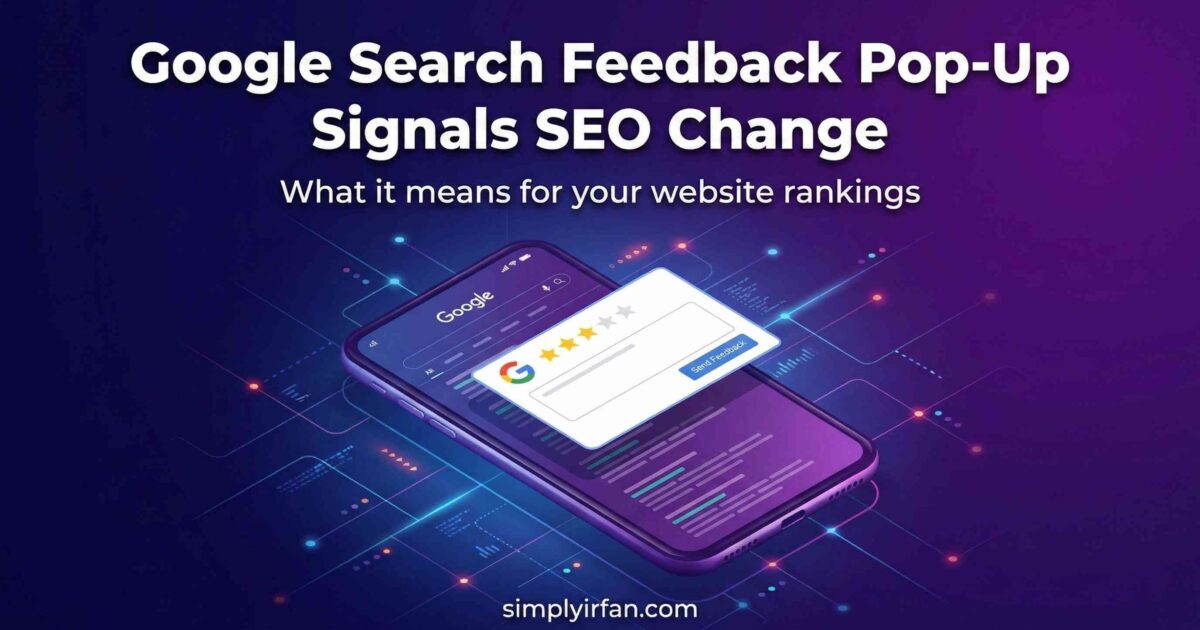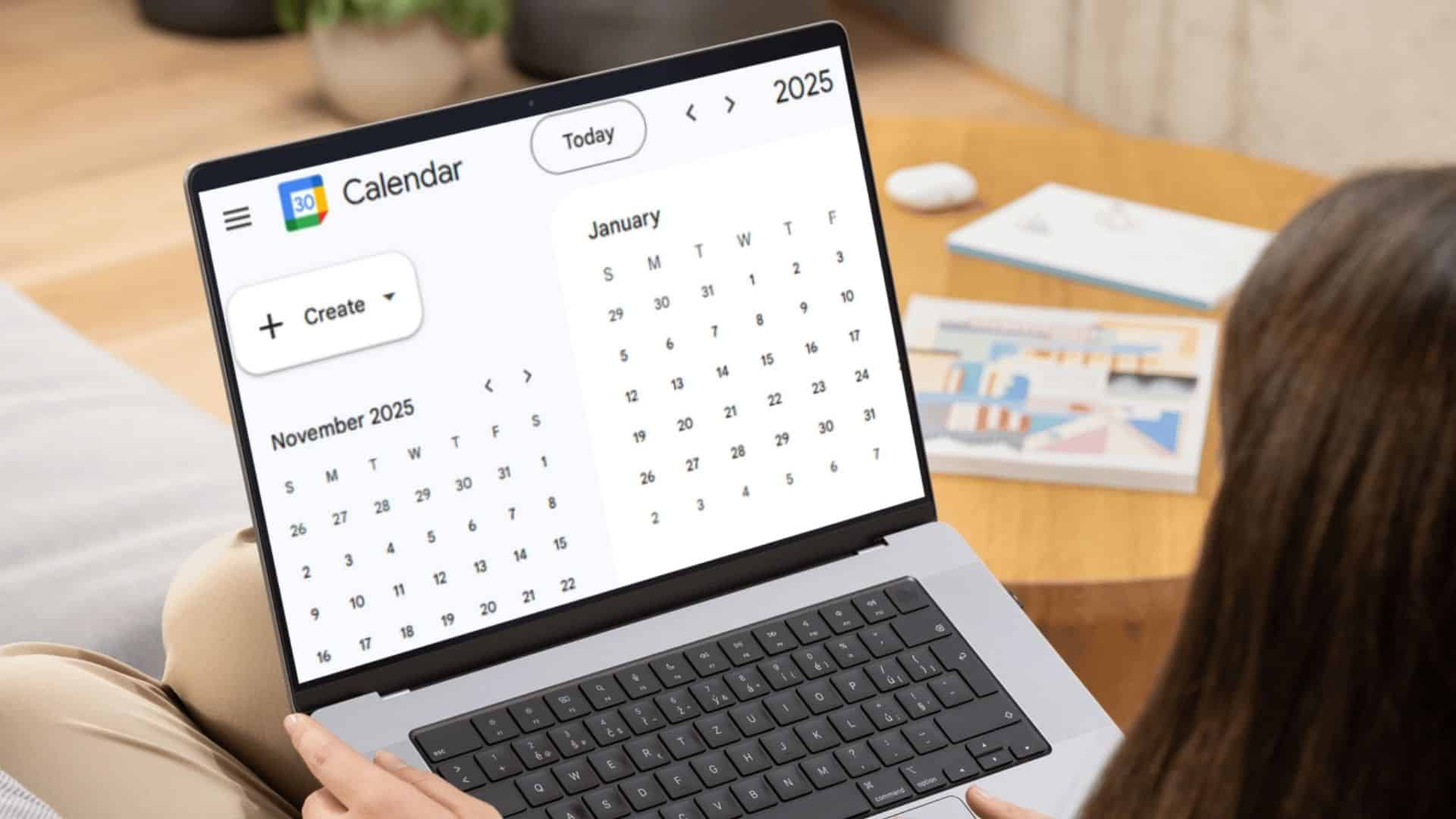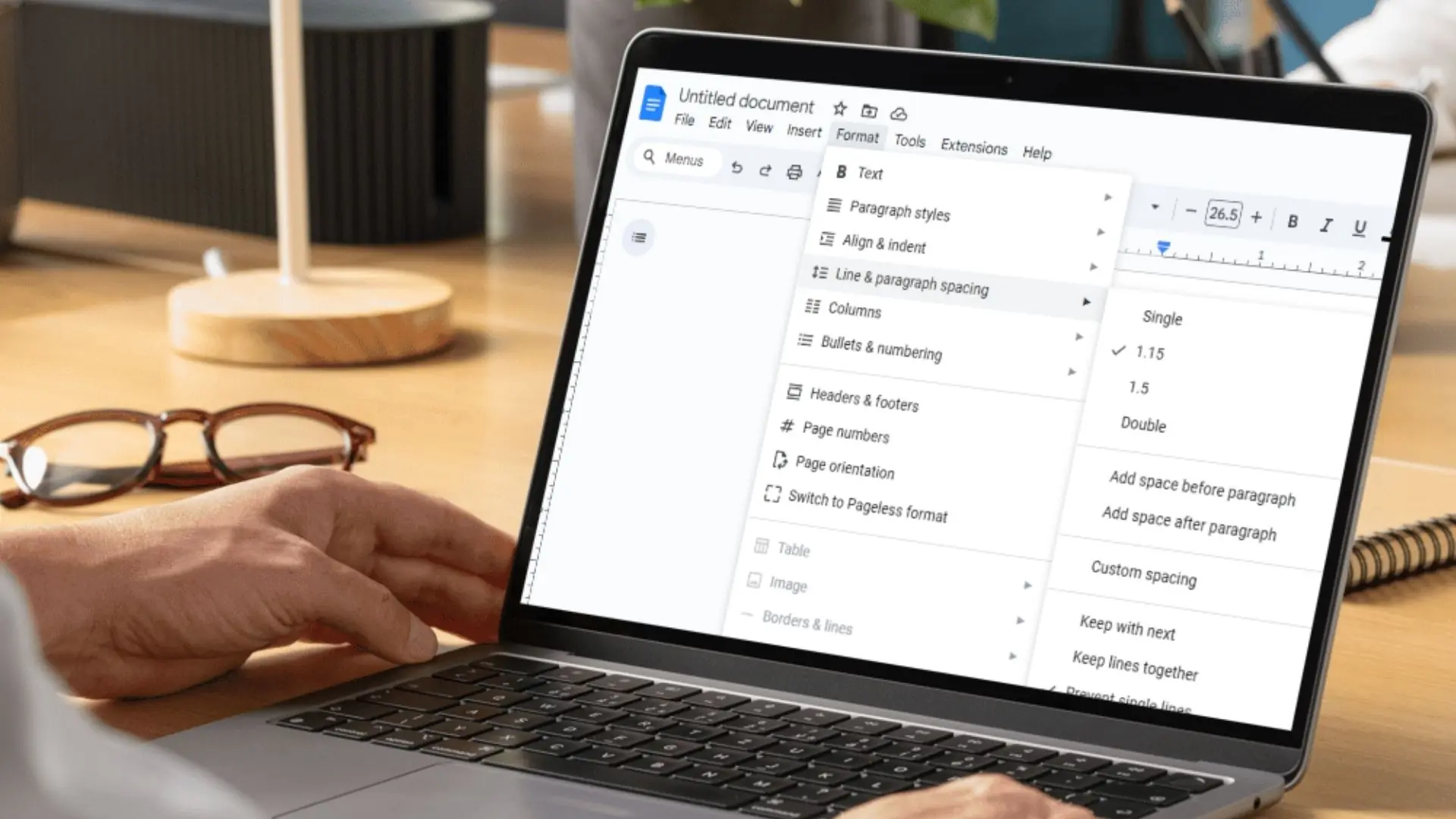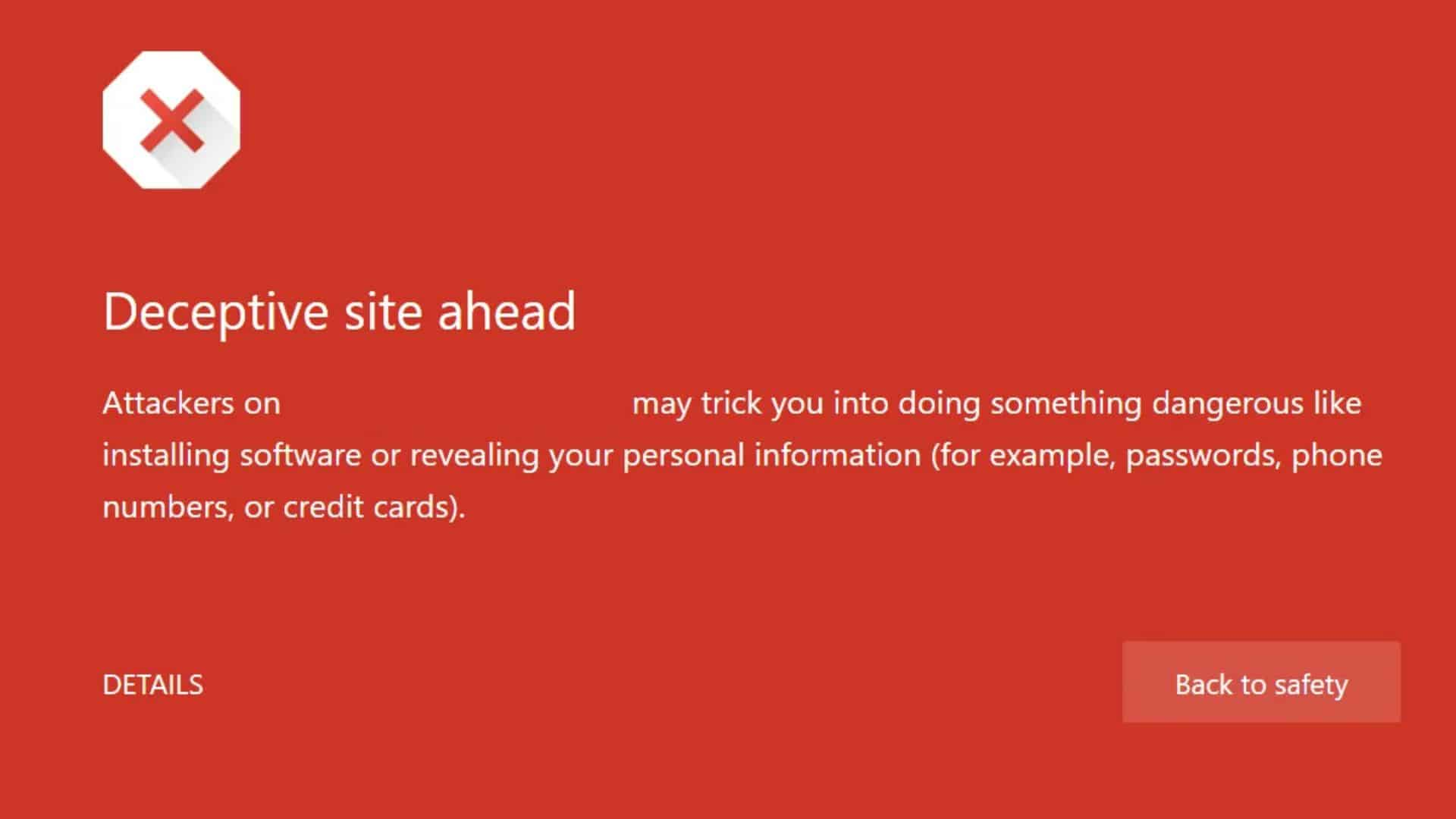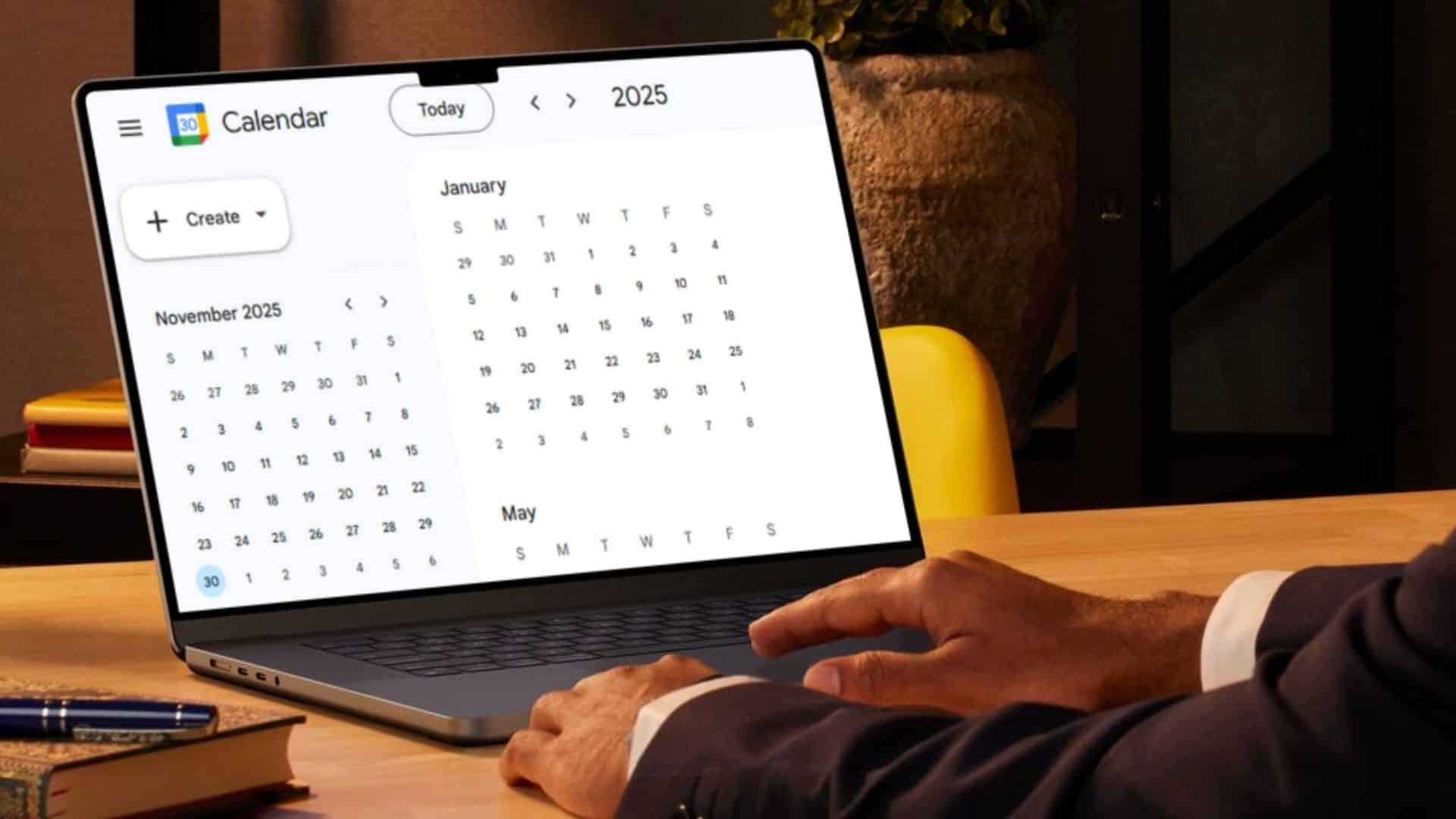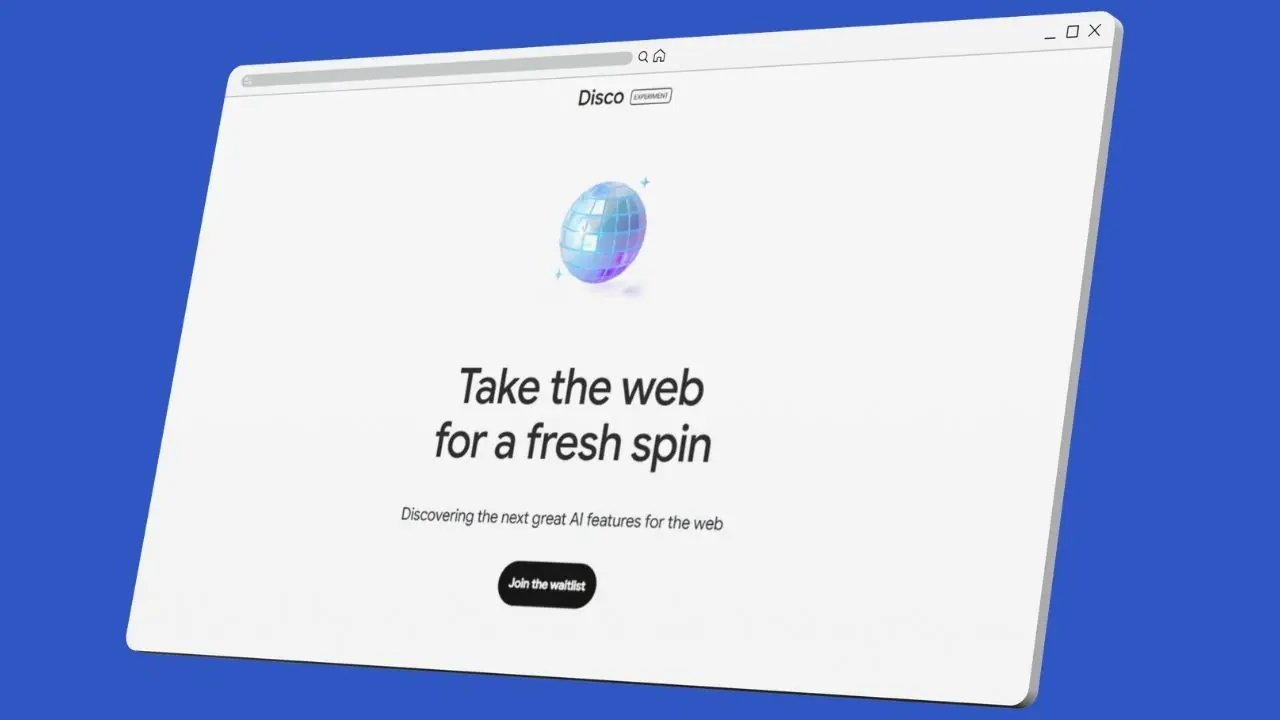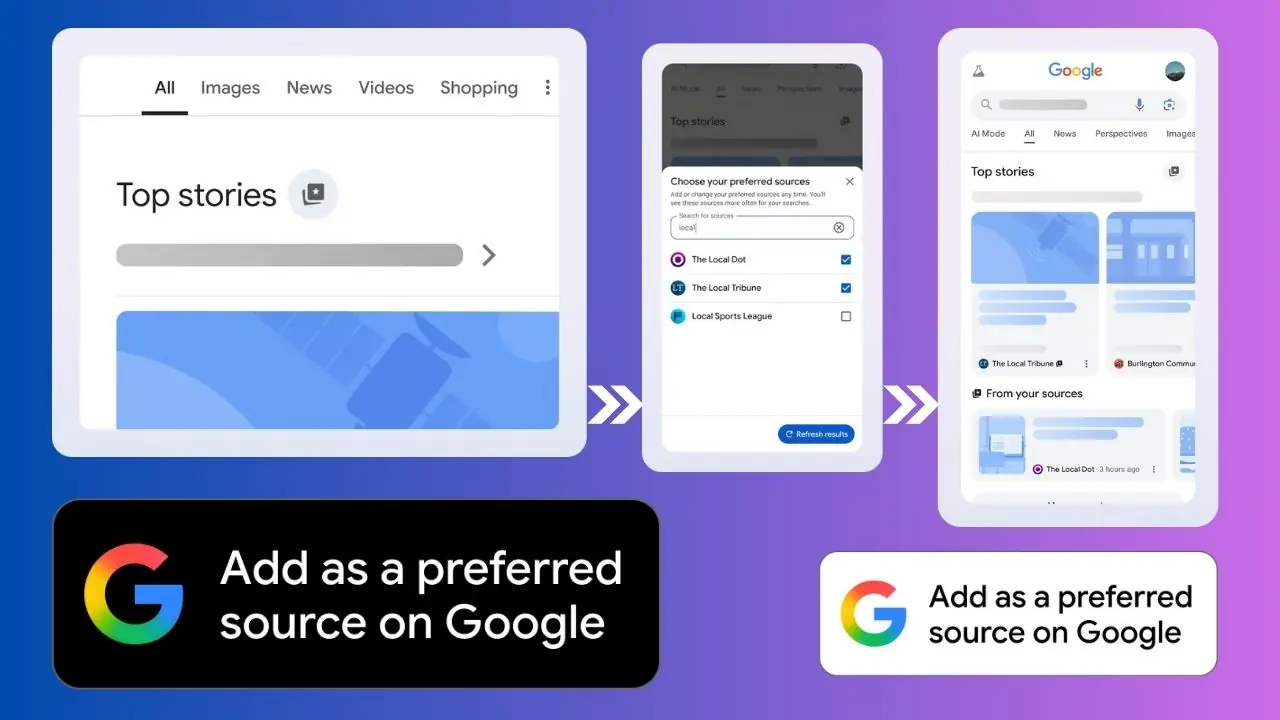Google’s recent launch of a search feedback pop-up is more than just an attempt to improve user experience – it’s a direct message to SEO professionals. The pop-up, which began appearing in Google Search on December 19, 2024, seeks real-time user input on search results. It asks simple, yet powerful questions that offer valuable insights into what Google users expect from their search experience.
For SEOs, this is a clear signal: Google is actively listening to user feedback and fine-tuning its algorithms accordingly. This update gives us, as digital marketers and content creators, an opportunity to better understand the evolving preferences of search engine users.
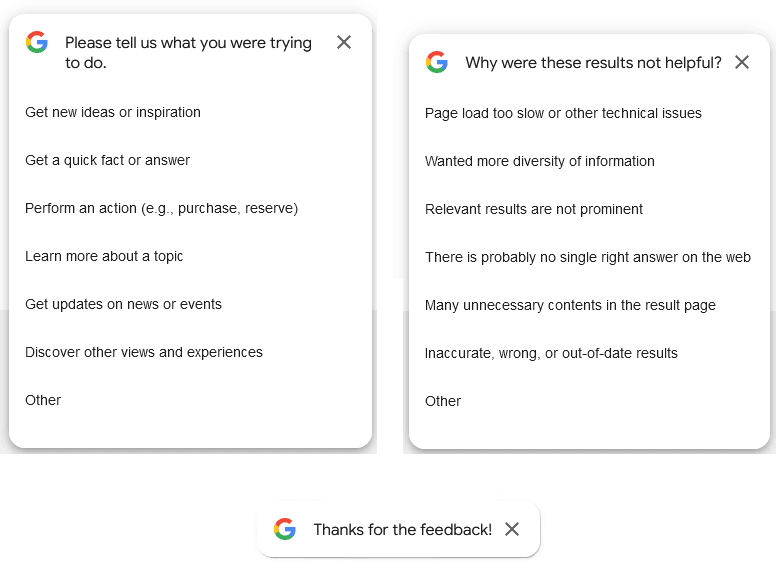
The Key Questions: What Google Wants to Know
The feedback pop-up asks users three main questions that are crucial to SEO:
What were you trying to do?
Options include seeking inspiration, getting quick answers, purchasing something, or learning more about a topic.
Why were these results not helpful?
This covers issues such as page load times, lack of diversity in information, and irrelevant or outdated content.
Thank you for the feedback!
Acknowledging that Google values user input.
These questions tell us what Google is prioritizing in its search results: user intent, result relevance, and content quality. The feedback directly impacts rankings, so it’s essential for SEOs to take note and adjust their strategies.
Also Read: Google Search User Experience Feedback Pop-Ups
User Intent and Content Relevance: Focus Areas for SEOs
The pop-up’s first question – “What were you trying to do?” – tells us that Google is getting better at understanding user intent. Whether users are looking for inspiration, immediate answers, or purchasing options, they expect results that align with their needs. For SEOs, this means:
Create content that matches intent: Understand whether your audience seeks information, products, or services and optimize accordingly.
Diversify your content types: Ensure your content meets various user intents, from quick facts to in-depth articles.
Google is focusing more on user satisfaction. If search results do not align with what the user is trying to achieve, those results may be downgraded.
SEOs should avoid generic, one-size-fits-all content and instead cater to specific, actionable queries.
The Impact of Relevance and Quality
The second question in the pop-up addresses why results weren’t helpful, giving us insight into what Google values in its rankings. Users may complain about irrelevant results, slow load times, or outdated information. For SEOs, this is a call to:
Improve page speed: Google has long prioritized fast loading times, but user feedback highlights its ongoing importance.
Keep content fresh: Regularly update your content to ensure it stays relevant and accurate.
Focus on high-quality content: Overstuffing pages with unnecessary information can hurt SEO. Google’s goal is to highlight the most relevant, concise, and accurate information for users.
When users feel frustrated by poor content quality or irrelevant results, they may abandon the search or click on a different result. This behavior impacts rankings and sends signals to Google that your page isn’t satisfying user expectations.
Adjusting SEO Strategy Based on User Feedback
As an SEO, the pop-up feedback provides valuable insights into what Google users are truly looking for. With this information, SEOs can focus on:
Improving content alignment with user intent: Do your pages address the primary needs of your audience? Is the content concise, relevant, and actionable?
Refining content quality: Avoid keyword stuffing or clickbait tactics. Instead, ensure your content is well-researched, provides value, and answers users’ questions clearly.
Optimizing user experience (UX): Faster load times, easy navigation, and mobile-friendly design will not only satisfy users but also contribute to better rankings.
Embracing a diverse content strategy: Cater to different types of users – from those seeking fast facts to those looking for comprehensive guides.
Conclusion: SEO Must Adapt to the Changing Search Landscape
The introduction of the Google Search feedback pop-up is a reminder that search algorithms are constantly evolving based on user input. For SEOs, this means the future of ranking will be more user-centric than ever. The focus on user intent, content relevance, and overall experience is paramount.
As Google gathers real-time feedback and refines its results, SEOs must stay agile. Pay attention to the feedback that users provide through these pop-ups.
Align your content with what Google deems most valuable, and you’ll likely see improved rankings and increased user satisfaction.
The future of SEO is not just about keywords or backlinks – it’s about truly understanding and serving user needs.
